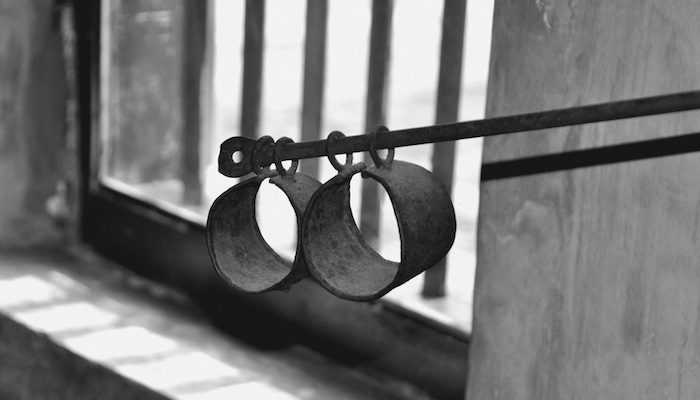
On 11 March the leaders of 14 Caribbean countries approved a plan to achieve “reparatory justice” in relation to several European former colonial powers. The demands include: 1) a full formal apology; 2) a programme to resettle those persons who wish to return to Africa; 3) help to alleviate the high incidence of chronic diseases which the Caribbean claims is a direct result of the “nutritional experience, physical and emotional brutality, and overall stress profiles associated with slavery, genocide, and apartheid”; 4) illiteracy eradication; and 5) debt cancellation.
The Caribbean countries, assisted by a Reparations Commission, have attempted to directly link the present-day ills of the region to the role of slavery and colonial rule. They hope that this will make the claim for reparatory justice as strong and as quantifiable as possible. The Caribbean has also suggested that reparations should be a key part of a new development agenda for the region.
The initial focus is on the United Nations Convention on the Elimination of Racial Discrimination, and the Caribbean hopes that this can be used as the basis for negotiation. The region has asked the UK, France, Spain, Portugal, the Netherlands, Norway, Sweden and Denmark to participate, and hopes that a conference in London can be organised “to gauge whether or not our concerns are being taken seriously”. If the response is lukewarm, then a case to the international court of justice (ICJ) in The Hague will be considered.
So far the response has been largely silent with only the UK and Sweden commenting directly. A spokesman for the Foreign and Commonwealth Office in London said that it was difficult to make any specific comment because no formal claim had yet been made, but he added that “We do not see reparations as the answer. Instead, we should concentrate on identifying ways forward, with a focus on shared global challenges that face our countries in the 21st century”. He added “Governments today cannot take responsibility for what happened over 200 years ago”. The Swedish ambassador to the Caribbean, meanwhile, said his country would “look at the claim when we receive it” and promised “to have respect for the process”. But he questioned how “compensation” could be offered.
It seems very likely that from initial reactions the Europeans will be disinclined to deal directly with the Caribbean’s reparations claim and will be unwilling to provide a full and unequivocal apology. The countries fear that if they did so other nations that suffered the consequences of colonialism would also demand compensation. So it’s possible that the Caribbean will take its case to The Hague, but the chances of success appear to be slim.
- The jurisdiction of the ICJ is circumscribed by its own signatory countries and this may limit the extent to which the reparations issue can be considered. First, European litigants would have to consent to the jurisdiction of the court, and this is unlikely. Second, if they did agree France does not recognise the rulings of the court as binding, while the Netherlands and the UK only recognises the ICJ’s jurisdiction in disputes from 1921 and 1974 respectively.
- The ICJ does not normally consider historical cases, and international treaties such as those dealing with discrimination and slavery conventions were not intended to be retroactive.
- The UN General Assembly could ask the ICJ for an “advisory” opinion, but such rulings are not legally binding.
Despite the best efforts of the Caribbean to link the crimes of the past to the economic and social problems facing the region today, it seems unlikely that the legal route will be successful. Nevertheless, there is a possibility that the Caribbean’s strategy will create enough pressure for European countries to reassess their development policies towards the region, which have become less supportive over the last two decades. But even if this happens the solutions to the Caribbean’s problems will remain primarily the responsibility of the region itself, and the reparations debate cannot distract from this reality.
Further Reading on E-International Relations
- Opinion – China’s Soft Power Diplomacy in the Caribbean
- Settler Colonialism and Financial Exclusion of Banks in the English Caribbean
- The Herero and Nama Genocide, the Holocaust, and the Question of German Reparations
- How are Textbooks in India Reproducing the Coloniality of Knowledge?
- Globalization, Human Trafficking and Tourism in the Caribbean
- Opinion – Administrative Reparations for Victims of Conflict-Related Sexual Violence in Ukraine